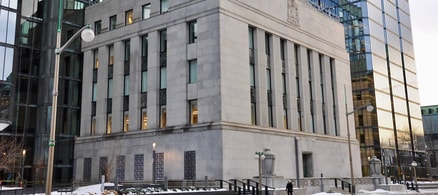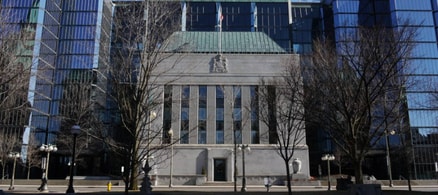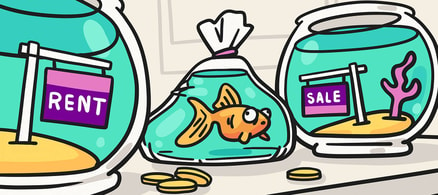Analysts say high prices are here to stay
There are several factors at play in the soaring gas prices consumers are seeing, says Patrick De Haan, petroleum analyst for GasBuddy in Chicago, Ill.
When everything shut down in the early days of the pandemic, demand for gas dropped, so suppliers cut back on production. But with the introduction of vaccines, Canadians were ready to get back on the road. Unfortunately, by then, the supply wasn’t there.
“There have been a lot of imbalances created by the pandemic,” says De Haan. “And oil and energy is one of those.”
On top of that, supply chain issues and geopolitical unrest in Europe mean prices are unlikely to level off even once producers catch up.
De Haan says he does expect some level of relief, “but it may take some time.”
How much time? “There’s really no good guess at this point,” he says, adding “there are too many wildcards at play to be able to accurately say. … If Russia does invade Ukraine, which is the big question now, we may not see relief for a couple of years.”
Canadians are watching prices creep with concern
The idea of dealing with high gas prices for years to come may send some into a tailspin.
In a poll conducted by the Canadian Automobile Association (CAA) late last year, an overwhelming 84 per cent rated themselves as either very concerned (46 per cent) or somewhat concerned (38 per cent) about rising gas prices.
Researchers then asked if drivers were planning to change their habits due to fuel prices. Seventy per cent expected to be impacted in some way, with 15 per cent saying it would change their habits “a lot,” 19 per cent anticipating “somewhat” of a change and 36 per cent planning “a little” change.
Kristine D’Arbelles, the senior director of public affairs for CAA in Ottawa, says that only reflects how Canadians felt about gas prices in late 2021, and not how they’ll feel if prices keep going up.
“I can't look into my crystal ball and tell you exactly how high it's going to go, but if it does continue to rise, these [poll] numbers … their value is just going to go up,” says D’Arbelles.
Practical ways to cut down your costs
The best way to avoid high gas prices to cut back on your driving. Especially if you live in an urban area, consider making some trips by public transit, by bicycle or on foot.
But for a good percentage of Canadians, driving less may not be realistic, especially if prices stay high as long as De Haan anticipates.
Fortunately, CAA offers simple tips on its website to help drivers get more mileage out of each tank.
They include accelerating gently; avoiding speeding or idling; decreasing drag by removing roof or bike racks when they’re not needed; and keeping up with your regular car maintenance.
While those may not seem like dramatic changes that will impact your gas consumption, D’Arbelles says in combination, they could save drivers up to 20 per cent on fuel in a year.
“On average, if someone spends about $2,000 on gas, if you're saving 20 per cent … that’s a pretty penny.”
Take, for example, avoiding high speeds. Natural Resources Canada says most vehicles are fuel-efficient between 50 and 80 kilometres an hour, but speeds higher than that increasingly use up more fuel.
At 120 km/h, a car uses 20 per cent more fuel than if it was going 100 km/h. And yet the higher speed would only save a driver two minutes in travel time on a 25-km trip.
With these tips in hand, drivers can hopefully weather surges at the pump until supply can catch up with demand.
“It's going to be a bumpy road for a while,” says De Haan, adding that higher prices will incentivize more oil production to come online.
“It's just we will have to ride this out for some time.”





